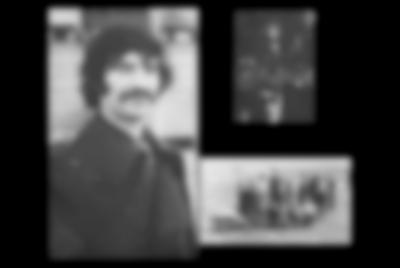In 1972, John Berger was awarded the Booker Prize. The company that began sponsoring this literary prize in 1969, Booker, McConnell Ltd, had made its fortune exploiting resources in the Caribbean for over a century, forcing part of the local population to emigrate because of the attendant poverty. Berger found it normal that the prize benefit those who had contributed in a way to its financing and announced that half the prize money would go to the British Black Panthers movement in London, while the remainder would be used to produce a book on migrant workers in Europe.
A Seventh Man was the result of a long collaboration between Berger and the photographer Jean Mohr. The project led them to a multitude of “seventh men” and gave rise to this unclassifiable book. The initial intention was to describe the living conditions of migrant workers and encourage international solidarity, but the moments that are recreated in the book go far beyond any sociological approach. Like a “close friend,” it retraces the lives of men and women who experience first-hand being uprooted and separated from their loved ones. Many of Mohr’s photographs featured in the show come from this field work, while the passages from the book projected on the wall remind us of the undying dream of returning home and an existence that is sometimes experienced as if hanging between two worlds.

